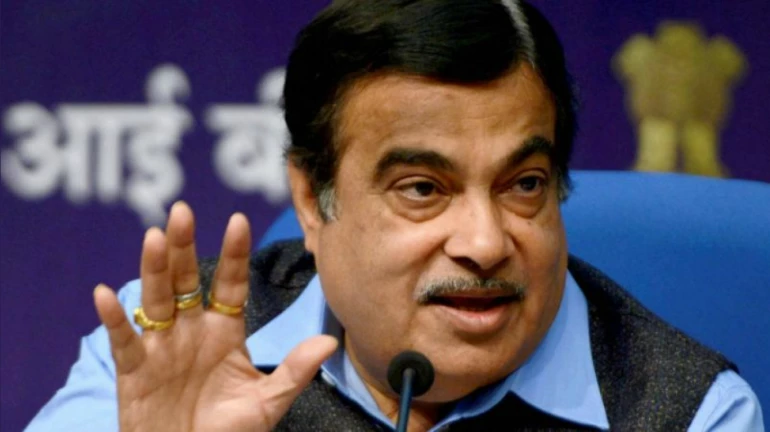
In a recent development in the automotive industry, the government has decided not to make six airbags mandatory for passenger cars. This decision, announced by Nitin Gadkari, the Minister of Road Transport and Highways (MoRTH), comes as a major relief to car manufacturers and industry stakeholders. A report in The Hindu Business Line stated that the move underscores the government's confidence in market forces and industry standards to ensure vehicle safety.
Unnecessary Mandate
In his statement, Minister Gadkari emphasized that making six airbags mandatory was unnecessary. He stated, "We don't need to make it mandatory." He further pointed out that many car manufacturers were already voluntarily incorporating six airbags into their vehicles and experiencing increased sales. Those who chose not to include this safety feature would face market pressures, as consumer preferences were shifting towards vehicles equipped with six airbags.
During his address at the annual session of the Automotive Components Manufacturers Association of India (ACMA), Gadkari emphasized that safety could be judged effectively using industry-standard measures. He highlighted the Star rating and Bharat NCAP (New Car Assessment Program) ratings as reliable indicators of a car's safety performance. This approach places the onus on car manufacturers to compete on safety and quality rather than complying with mandatory regulations.
Market Dynamics at Play
When questioned about the status of the regulation, which was originally scheduled to take effect on October 1, Gadkari revealed that the Bharat NCAP star rating had already begun. He noted that manufacturers who included six airbags as standard were gaining larger market shares, as these models had gained widespread acceptance among consumers. While addressing concerns about certain manufacturers' reservations, particularly Maruti Suzuki India, regarding making six airbags standard in specific models like Alto and S-Presso, Gadkari reiterated that the decision ultimately rested with the manufacturers themselves. He emphasized that the government respected the autonomy of manufacturers and the evolving preferences of consumers.
Industry Adapting to Safety Trends
A senior official from a leading car manufacturer welcomed Gadkari's announcement, stating that most passenger cars priced at ₹8 lakh and above already came with six airbags as a standard feature. This trend is expected to continue for future models. The official also highlighted additional safety features, such as occupant detection systems and three-point seatbelts for rear-seat passengers, contributing to enhanced safety.
Leading by Example
Several car companies, including Hyundai Motor India, have proactively adopted the practice of offering six airbags as standard in certain models. For instance, Hyundai recently launched its Exter small SUV with six airbags as a standard feature, and its small car, the Grand i10 Nios, also comes with four airbags as standard. In January 2022, the MoRTH had proposed a draft notification aimed at enhancing occupant safety in motor vehicles against lateral impacts by mandating six airbags in all M1 category vehicles. The M1 category encompasses passenger cars with a maximum of eight seats, including the driver's seat, and includes hatchbacks, sedans, and multi/sports utility vehicles (MUVs/SUVs).





